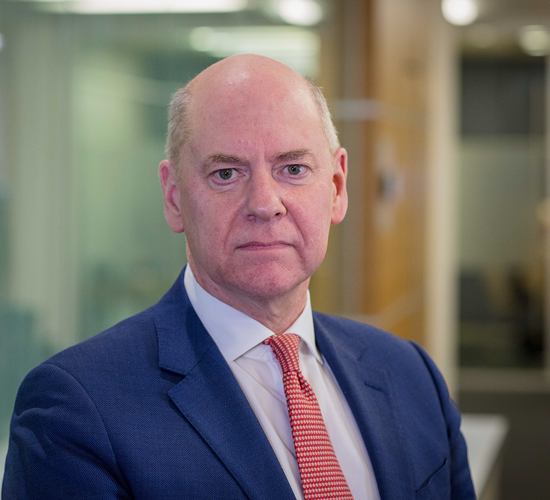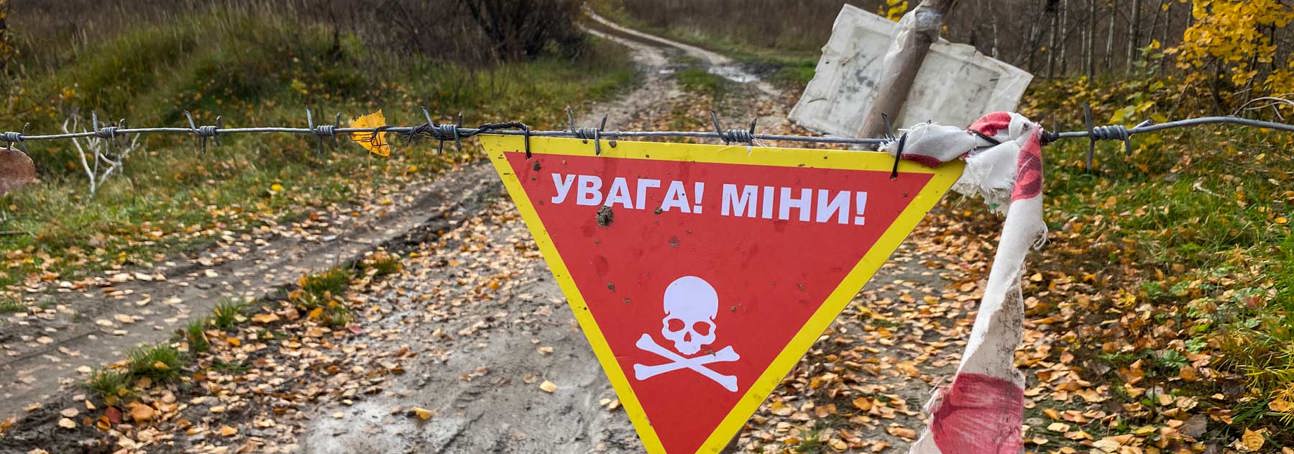As published in The Times, 4 June 2025
By Jonathan Evans
In an age of escalating global instability, Britain is right to prepare for war, but are we quietly stepping back from one of our most strategic tools: conflict prevention?
For more than 30 years my job was to protect the domestic security of the United Kingdom. The core purpose of the Security Service – better known as MI5 – is to focus on threats to our national security. Now, as the Government publishes its Strategic Defence Review and puts the finishing touches to the National Security Strategy, I want to make the case for a much wider view of how we keep the UK secure.
In 2016, 4% of the UK's aid budget was spent on programmes that supported stability and peacebuilding. By 2023, that figure had dropped to just 1%. With the cuts announced in February to the UK's aid budget, even this modest investment is under threat.
This retreat from addressing the causes of conflict is happening at precisely the wrong moment. Armed conflicts are at their highest level since the Second World War. Gaza and Ukraine capture the headlines, but we can add Myanmar and Sudan to the list of major crises, while low-level ongoing conflict and armed violence are a very long list: Yemen, Libya, Ethiopia, Colombia, Haiti, Mexico, Pakistan-India, large parts of the Sahel and most of Africa's Great Lakes region.
Over 300 million people affected by conflict now require humanitarian assistance and protection. And yet, the UK's aid strategy is becoming increasingly reactive – focused on the symptoms of conflict, not the causes.
The result? A cycle of crisis response that is both costly and ineffective. When conflict breaks out, it destroys the very systems – governance, infrastructure, civil society – that keep communities stable. The cost is enormous, in both human and financial terms. The systems' failures in turn feed into the next conflict. If we fail to address these root causes, we will live in a world full of fires but with few firefighters and will be forever chasing emergencies.

Britain has long prided itself on punching above its weight in global affairs. But leadership today means more than responding to humanitarian crises – it means preventing them. That requires a rethink of how we use what remains of our aid budget.
First, we must restore funding for building peace and stability. Programmes that support conflict prevention, mediation and response must be protected and prioritised during the current Government Spending Review. These initiatives are vital to breaking the recurring cycles of violence that afflict many conflict-affected regions around the world.
In Syria during the years of frozen conflict, there were UK-funded programmes that worked to reduce sectarian tensions and encourage community dialogue. These small but impactful projects helped contribute something to the very fragile stability of the country. Syria is by no means Switzerland, but it's not Libya. Funding for such peacebuilding is not charity – it is strategic foresight.
Second, we need a more integrated approach to defence, diplomacy and development. That means embedding human security teams within the Ministry of Defence, protecting bilateral programmes that address instability, and ensuring that humanitarian and stabilisation efforts work in tandem with our defence priorities.
In response to security threats from the Sahel – such as the group Boko Haram – the UK Ministry of Defence currently provides advice and support to the Nigerian Armed Forces. At the same time the UK is funding community projects related to the impact of armed violence and the re-integration of former fighters. Britain needs to invest in more projects that make that sort of direct connection between defence and development.
Third, we must broaden our definition of national security. The threats we face – conflict, climate shocks, pandemics – do not respect borders. The forthcoming National Security Strategy must recognise that preventing violence abroad is essential to protecting lives, interests and security at home.
Under the last Government the definition of security risks narrowed too much to areas such as cyber-security and threats to UK maritime assets, but we need to look to the wider horizon. The UK Integrated Security Fund, a £1 billion resource, could be pivotal. But only if it is accessible to British Embassies around the globe to tackle the upstream drivers of instability – from vast tracks of land contaminated with landmines and unexploded ordnance to huge demand for multi-level mediation efforts.
Britain's security has always rested on more than military might and intelligence prowess. It has come from our ability to lead with principle, pragmatism, and purpose. If we want to secure Britain we must invest in making peace – not just pick up the pieces.
Lord Evans of Weardale was Director General of M15 from 2007 to 2013. He now chairs the board of landmine clearance charity The HALO Trust.


